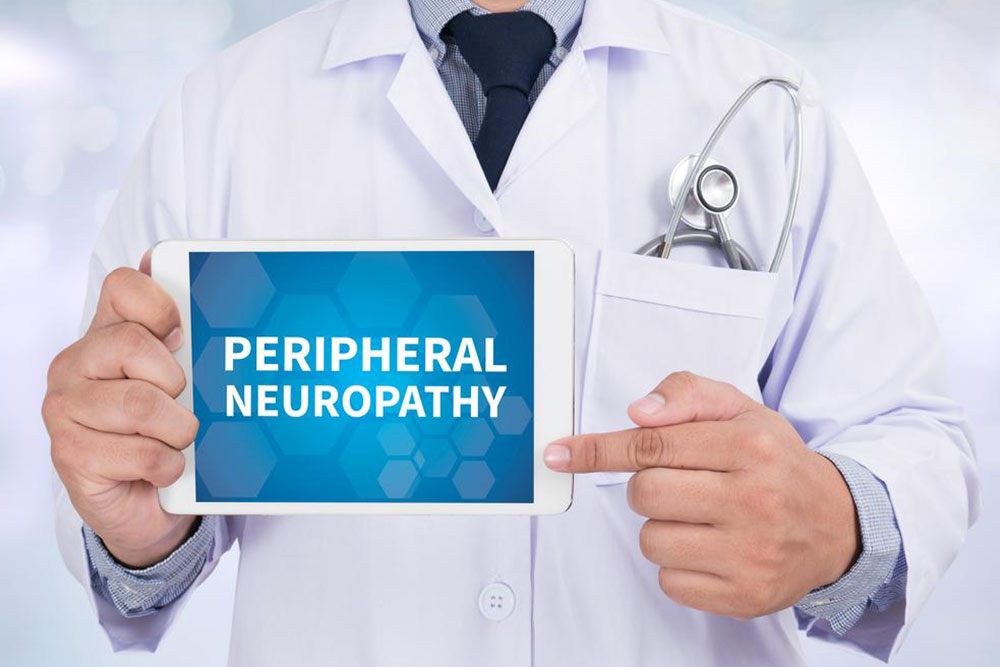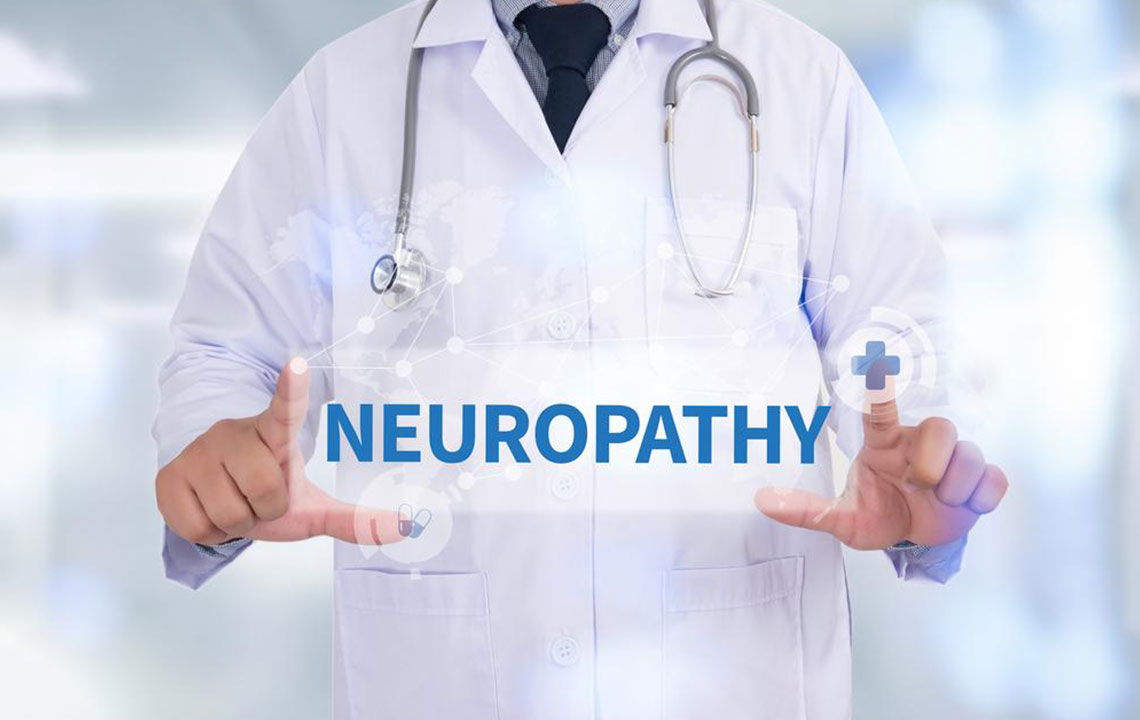Comprehensive Guide to Nerve Disorders: Types and Key Symptoms
Explore a comprehensive overview of nerve disorders, including their types and common symptoms. Learn about when to seek medical help and how nerve damage affects the body. This guide aims to provide clear, accessible information for better understanding and health management related to neuropathies.

Comprehensive Guide to Nerve Disorders: Types and Key Symptoms
Nerve disorders, collectively known as neuropathies, encompass a range of conditions where nerve functions are compromised due to damage or deterioration. These disturbances can occur anywhere in the body, leading to different clinical presentations. Understanding the various types and their specific symptoms is crucial for proper diagnosis and treatment.
Categories of nerve conditions
Peripheral nerve issues: Affect nerves outside the brain and spinal cord.
Cranial nerve involvement: Damage to nerves originating from the brain, including auditory and optic nerves.
Autonomic nerve impairment: Disrupts nerves controlling involuntary functions.
Localized nerve damage: Affects a single nerve or specific nerve groups in one part of the body.
Recognizing common nerve disorder symptoms
Symptoms can differ widely based on the condition's severity and location, with some individuals experiencing no symptoms at all. However, these five symptoms are frequently observed:
Dizziness, fainting, and muscle weakness
Persistent tingling or burning sensations
Heightened sensitivity to touch
Organ or gland dysfunction
Urinary issues such as difficulty urinating, incontinence, or incomplete bladder emptying
Understanding how nerve damage impacts the body is essential to recognizing these symptoms. The nervous system is divided into two main parts:
Central nervous system: Consists of the brain and spinal cord.
Peripheral nervous system: Transmits messages between the central nervous system and the rest of the body.
The peripheral system further splits into voluntary and involuntary nerves, controlling movements consciously and regulating automatic functions like heartbeat and digestion, respectively. Damage to either type can result in motor or sensory deficits.
When to seek medical attention
If you notice any symptoms related to nerve issues, prompt consultation with a healthcare professional is recommended. Diagnostic tests such as MRI, X-ray, EMG, nerve conduction studies, or biopsies may be performed for accurate diagnosis.










